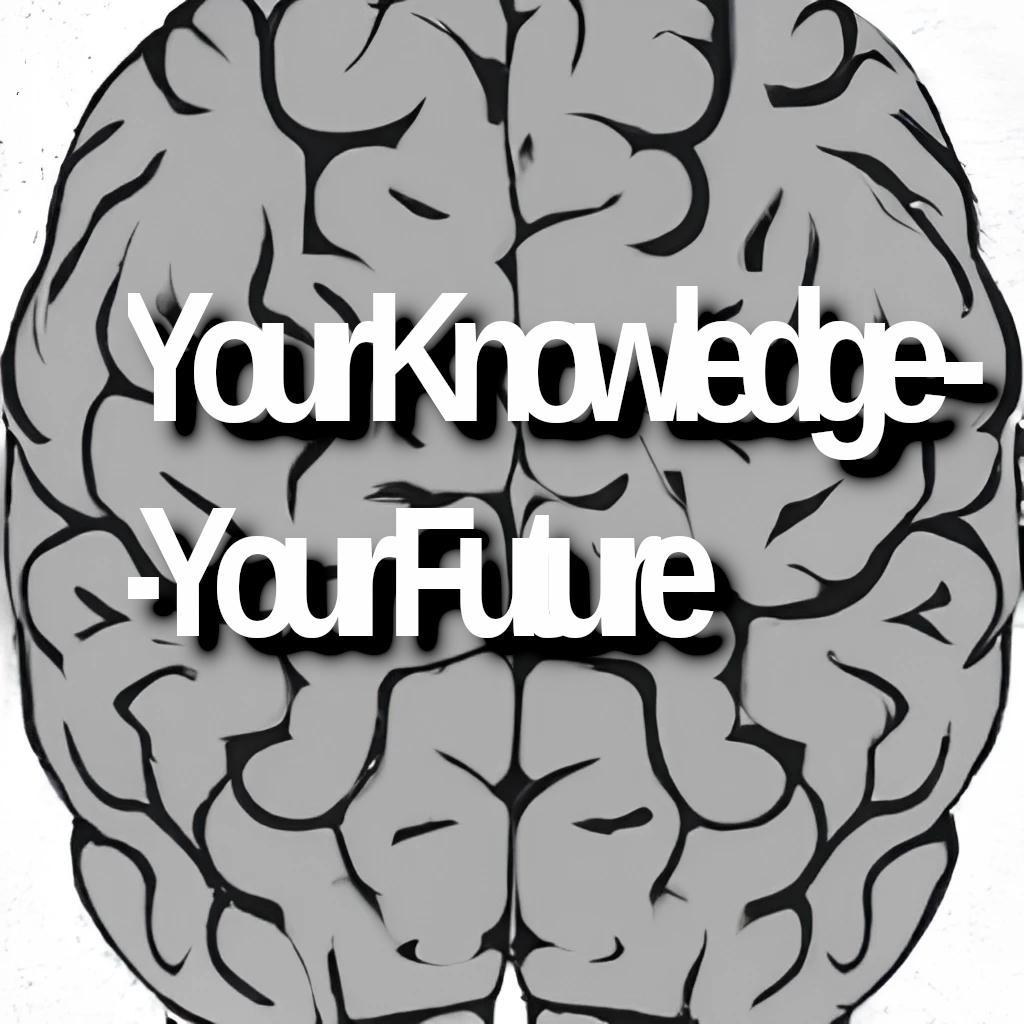








In a rapidly evolving world, where information is abundant and industries are constantly transforming, the investment in knowledge stands out as a cornerstone of personal and professional growth. Lifelong learning, fueled by a commitment to acquiring new skills and expanding one's intellectual horizons, is a powerful strategy for navigating the complexities of the modern era. In this comprehensive guide, we'll explore the importance of investing in knowledge, discuss the various avenues for lifelong learning, and provide practical tips for individuals seeking to enhance their intellectual capital.
The Significance of Investing in Knowledge.
Adapting to Change:
The world is marked by rapid technological advancements, economic shifts, and social changes. Investing in knowledge allows individuals to adapt to these transformations, stay relevant in their careers, and proactively respond to emerging challenges.
Professional Advancement:
Continuous learning is a key driver of professional advancement. Individuals who invest in acquiring new skills, staying abreast of industry trends, and pursuing certifications or advanced degrees are better positioned for career growth and opportunities.
Cognitive Benefits:
Engaging in intellectual pursuits has proven cognitive benefits. Lifelong learning contributes to improved memory, critical thinking, and problem-solving skills. It fosters a mindset of curiosity and adaptability that enhances overall cognitive well-being.
Avenues for Lifelong Learning.
Formal Education:
Formal education, such as enrolling in college courses or pursuing advanced degrees, remains a traditional and valuable avenue for lifelong learning. Many universities offer online courses, making education accessible to a global audience.
Online Learning Platforms:
The advent of technology has democratized education through online learning platforms. Websites like Coursera, edX, and Khan Academy provide a vast array of courses, allowing individuals to learn at their own pace and on their schedule.
Books and Literature:
Reading books, articles, and research papers is a timeless method of acquiring knowledge. Literature exposes individuals to diverse perspectives, deepens understanding, and provides a foundation for critical thinking.
Practical Tips for Effective Lifelong Learning.
Set Clear Goals:
Define your learning objectives and set clear goals. Whether it's acquiring a new skill, staying updated in your industry, or exploring a new field, having well-defined goals will guide your learning journey and keep you focused.
Create a Learning Schedule:
Establish a dedicated time for learning in your routine. Consistency is key to effective lifelong learning. Whether it's dedicating a specific hour each day or setting aside weekends for study, having a regular schedule fosters continuous learning habits.
Embrace a Growth Mindset:
Cultivate a growth mindset that views challenges as opportunities for learning and growth. Embrace failure as a part of the learning process and approach obstacles with resilience and a commitment to improvement.
Engage in Practical Application:
Apply the knowledge you acquire in real-world scenarios. The practical application enhances understanding and retention. Seek opportunities to implement new skills or concepts in your professional or personal life.
Investing in education is essential for several reasons:
Personal development: Education provides individuals with the knowledge and skills necessary to succeed in their chosen career paths and personal lives. It allows them to grow intellectually and become more self-aware, confident, and informed.
Economic growth: Education is a key driver of economic growth and prosperity. It produces a skilled workforce that can innovate, create new products, and improve existing ones. It also attracts investment from businesses that are seeking to hire well-educated employees.
Social mobility: Education provides a pathway for individuals from disadvantaged backgrounds to improve their social and economic status. It can help to reduce income inequality and provide opportunities for upward mobility.
Global competitiveness: Education is essential for countries to remain competitive in the global economy. Countries with well-educated populations are better positioned to attract investment, generate innovation, and compete for high-skilled jobs.
Courses are structured programs of study that aim to provide individuals with a deeper understanding of a particular subject or skill. They can be delivered in a variety of formats, including online, in-person, or a combination of both.
Taking courses can help you develop yourself in several ways:
Knowledge acquisition: Courses allow you to learn new information and gain a deeper understanding of a particular subject or skill. This can help you to expand your knowledge base and become more informed.
Skill development: Courses provide opportunities to practice and improve specific skills, such as writing, public speaking, or programming. By developing these skills, you can enhance your career prospects and increase your confidence.
Personal growth: Courses can help you to explore new ideas, perspectives, and ways of thinking. This can broaden your horizons and help you to become more open-minded and adaptable.
Networking opportunities: Courses can provide opportunities to connect with like-minded individuals and expand your professional network. This can help you to build relationships and increase your chances of finding new career opportunities.
There are several alternative ways to invest in your education, including:
Online courses and resources: Online courses and resources, such as MOOCs (Massive Open Online Courses), Khan Academy, and Coursera, can provide access to high-quality educational content at little or no cost.
Podcasts and webinars: Podcasts and webinars can provide access to expert insights and knowledge on a variety of topics. Many podcasts and webinars are available for free or at a low cost.
Books and literature: Reading books and literature is an excellent way to gain knowledge and improve your critical thinking skills. You can access books through your local library or purchase them online.
Volunteering and internships: Volunteering and internships can provide opportunities to gain practical experience in a field of interest. This can be a valuable way to develop new skills and build a professional network.
Continuing education and training programs: Continuing education and training programs can provide opportunities to improve your skills and knowledge in a particular field. Many universities and community colleges offer these programs, as well as private training providers.
There are several alternative ways to educate yourself instead of traditional courses, including:
Online resources: There are a wealth of online resources available, such as websites, blogs, and YouTube videos, that provide free educational content. These can cover a wide range of topics, from academic subjects to professional skills.
Podcasts: Podcasts are a great way to learn while on the go. There are many educational podcasts available, covering a range of subjects, including science, history, and literature.
MOOCs: MOOCs (Massive Open Online Courses) are online courses that are typically free or low-cost and provide access to educational content from top universities and professors around the world.
Workshops and seminars: Attending workshops and seminars is a great way to learn from experts in a particular field. These can be found at community centers, libraries, and other venues.
Reading: Reading is a fantastic way to learn and improve your knowledge of a particular subject. There are many books, both fiction, and non-fiction, that can help you to gain a deeper understanding of a topic.
Apprenticeships and internships: Apprenticeships and internships are a great way to gain hands-on experience and develop skills in a particular field. These opportunities can be found through companies or professional organizations.
There are many alternative ways to educate yourself that can be just as effective as traditional courses. By exploring these different options, you can find the approach that works best for your learning style, interests, and goals.
Investing in knowledge is an enduring and transformative strategy for personal and professional development. Lifelong learning is not just a luxury but a necessity in an era of constant change. By embracing various avenues for learning, setting clear goals, and cultivating a growth mindset, individuals can harness the power of continuous education to thrive in an ever-evolving world. Remember, the investment in knowledge is an investment in yourself, opening doors to possibilities and shaping a future of informed decisions and enriched experiences.
Appreciatively,

We use cookies
We use cookies and other tracking technologies to improve your browsing experience on our website, to show you personalized content and targeted ads, to analyze our website traffic, and to understand where our visitors are coming from. Privacy Policy.
